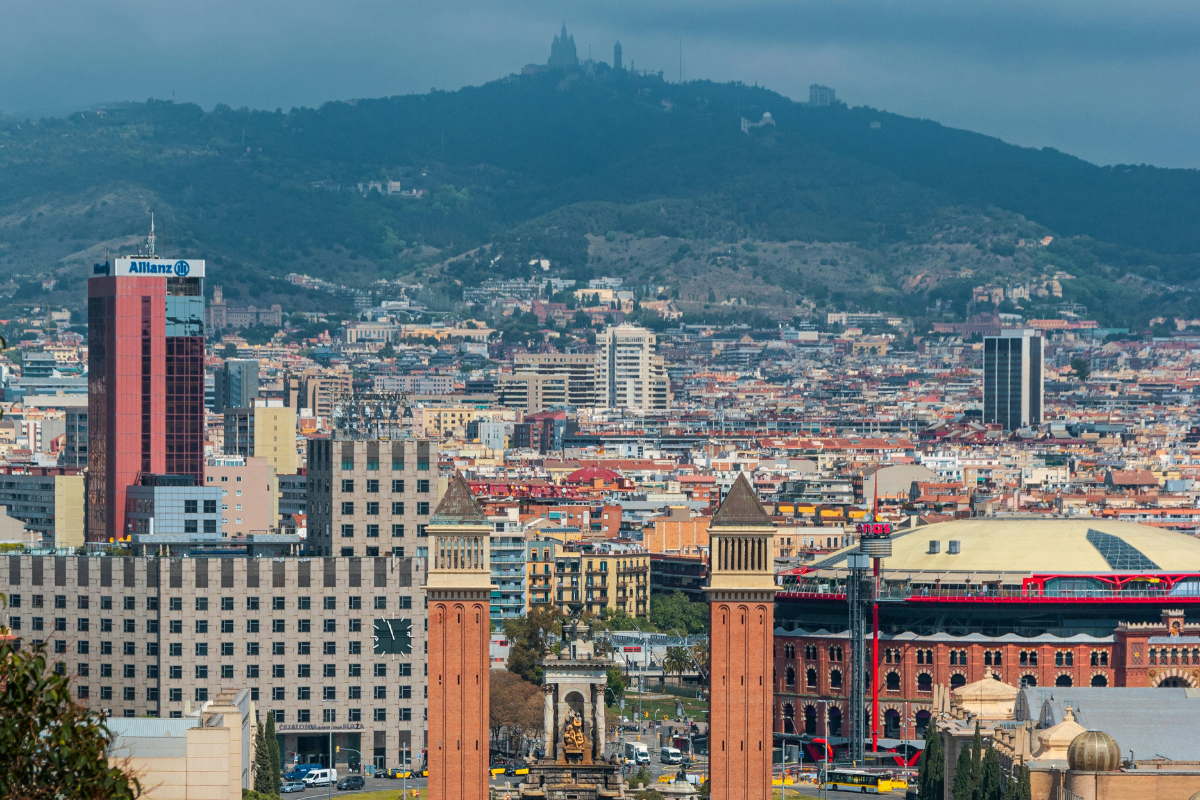A new approach to tourism in Barcelona


Laia Lluch
HR coordinator at Catalonia Hotels & Resorts
Since the 1992 Olympic Games, which did an enormous amount to breathe new life into the city, Barcelona has become a leading tourist destination Tourism is one of the city’s strategic sectors, and accounts for some 15% of its Gross Domestic Product (GDP).
In order to ensure that Barcelona remains among the most attractive cities in the world, we must meet a number of challenges:
- Understanding the tourist: First of all, it is essential to understand what kind of tourists visit us, what they are looking for, and what expectations they have. The city’s wide range of attractions appeal to a number of different groups, who come to the city for numerous reasons, including cultural events, congresses, medical treatment, and sports events.
- Decentralization: Diversity in the kind of accommodation is essential, but it is also necessary to open new hotels outside the city center.
- A new model: Public-private partnerships and a loosening of regulations should enable both traditional and alternative forms of accommodation to be offered both in the center and on the outskirts.
- Sustainability: To please both tourists and residents, it is necessary to encourage responsible, sustainable growth. Planning for the tourism sector must take into account the welfare of the local population and long-term sustainability.
If we want to tourism to be sustainable, we have to encourage high-quality tourism that promotes the potential of all neighborhoods. One way of doing so is to connect the tourist bus to all areas of the city.
We cannot forget that tourism has an impact on the environment and on local inhabitants, so it is essential to make a strong commitment both to the environment and the community.
We are already committed to renewable energies and the implementation of measures to save resources, but what more can be done? One way is to encourage certification and labeling in hotels, restaurants, and tourist attractions to inform visitors about responsible practices.
To improve the impact on the community, collaboration with small and medium-sized local businesses and other bodies should be encouraged to promote the local economy and reduce dependence on large international chains.
- Tourism = talent: Attracting talent is another significant challenge. Stakeholders must work together to make Barcelona a place that is conducive to professional development, innovation, and the growth of new industries. Following the pandemic, the city must now regain its attractiveness as a place to work. This means finding ways to attract the best professionals to a sector that has a considerable impact on the local economy.
A key role is played by tourism and business schools. Tourism-related studies should not only be about "face-to-face" contact with the customer; they should also address broader aspects, such as digitalization, innovation, and sustainability.
These challenges can be met if all stakeholders pursue a more sustainable tourism model, one that ensures Barcelona’s position at the top of the rankings by encouraging economic growth, the preservation of the environment, and the promotion of local culture.
If you want to know the latest English news about Barcelona and the people who bring it to life, sign up to our Blog.







